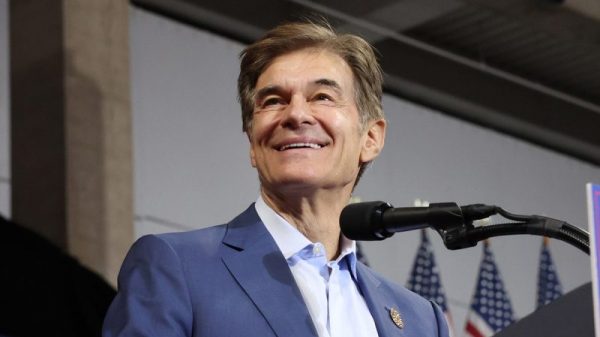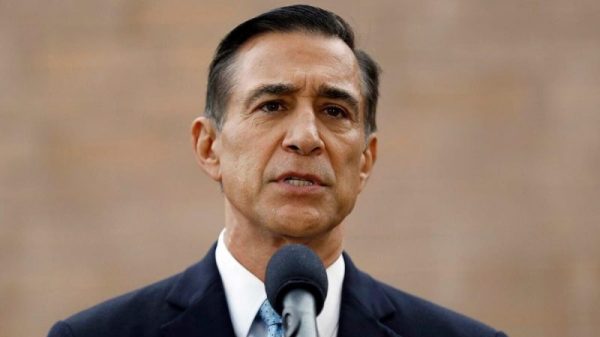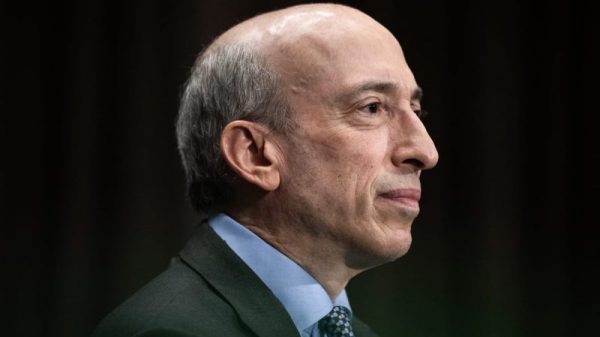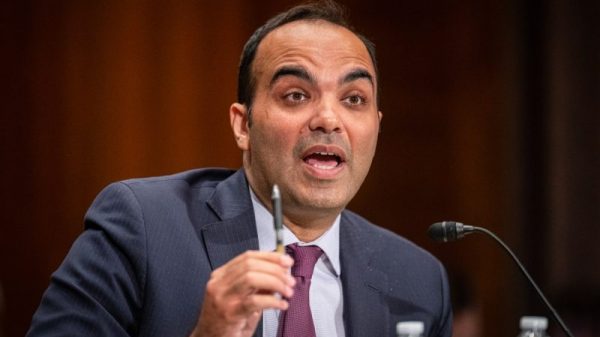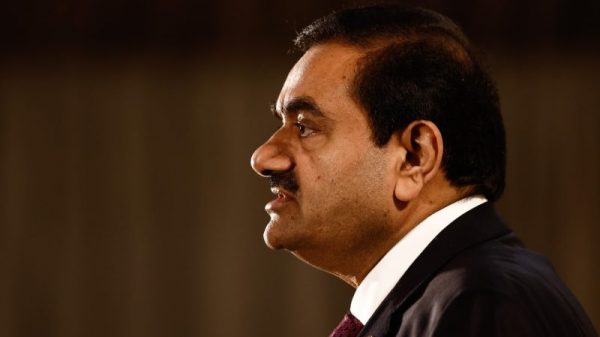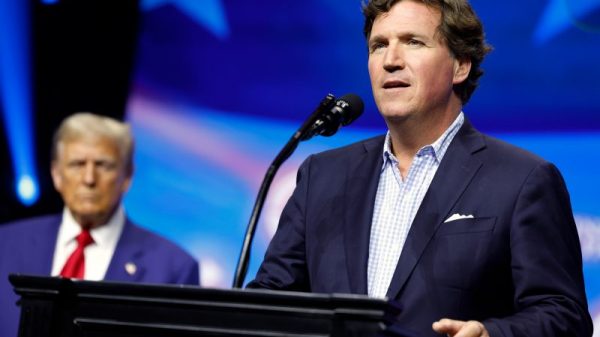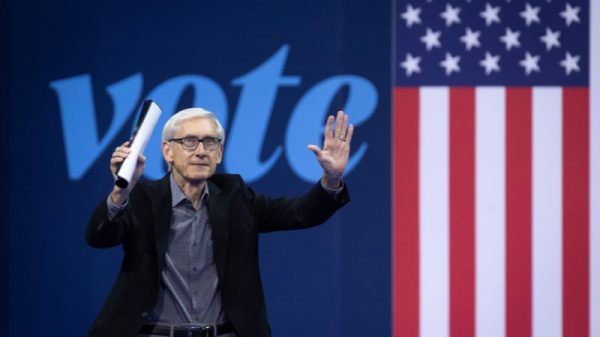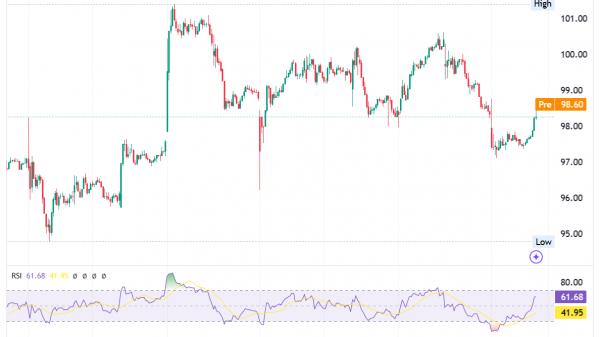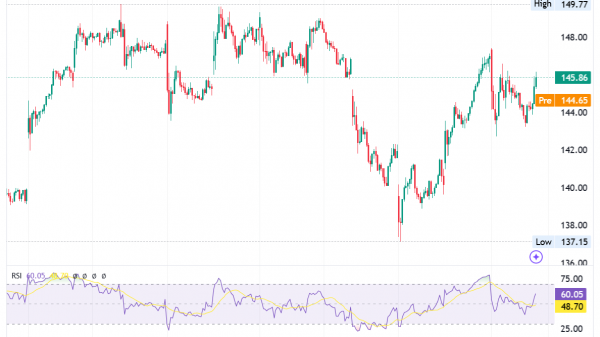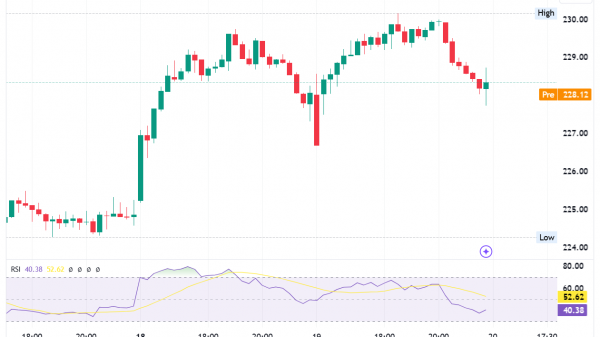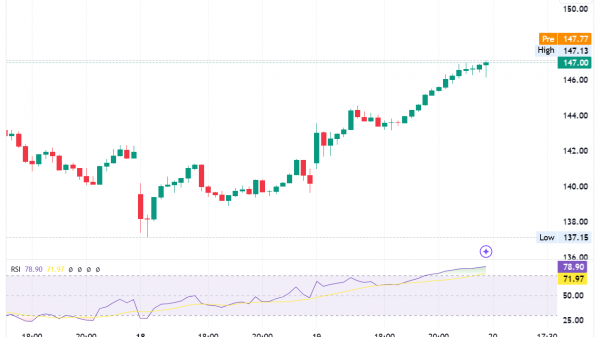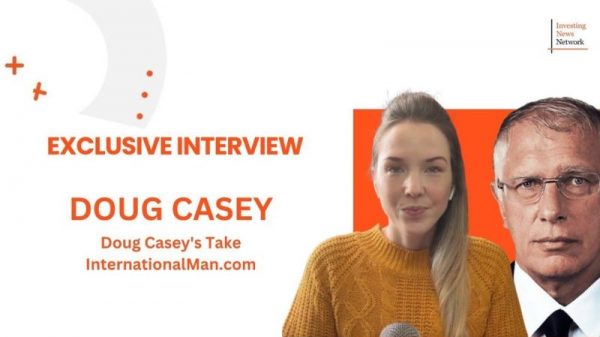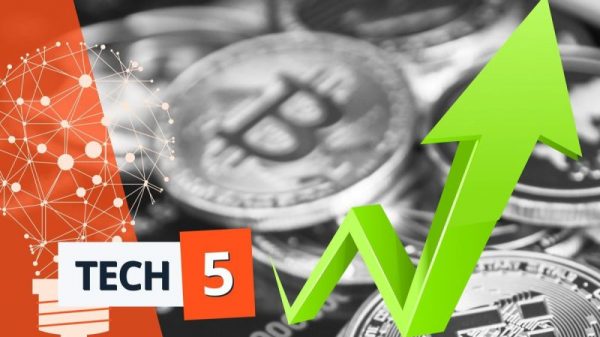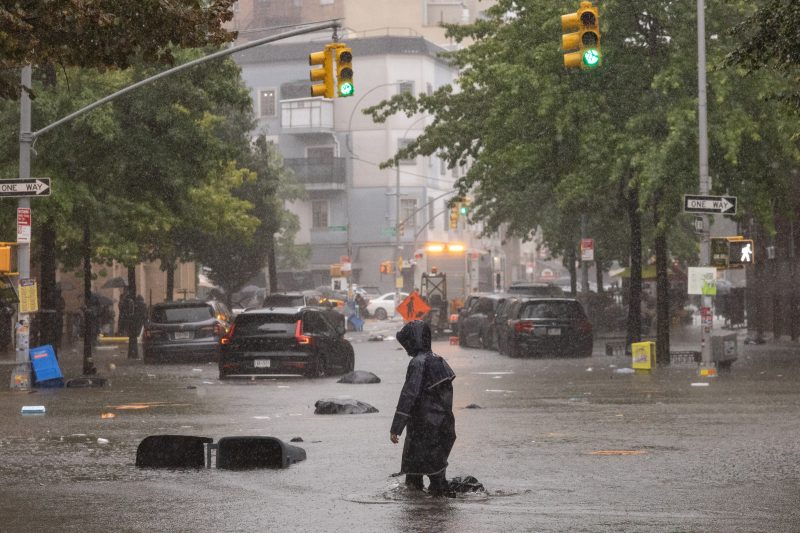A historically hot September has become a not-much-cooler October. The old saw that individual weather events can’t necessarily be tied directly to the warming climate gets more and more rickety with each week that passes. And yet views of climate change remain stubbornly divided along partisan lines — and along other demographic lines that correlate to party.
In August, Gallup released data assessing the growth of partisan gaps on issues over the past two decades. The issue on which the difference of opinion between Democrats and Republicans increased the most over that period was whether the federal government had too much power. Second on the list? Whether human activity was the central cause of global warming.
On three separate climate-related questions, in fact, the gap between the parties jumped to more than 50 points since 2003.
This isn’t a new development, as the graph above makes clear. But new data from PRRI demonstrates how this gap overlaps with demographic divides that aren’t explicitly partisan, including religion and age.
PRRI asked Americans to identify the cause of climate change, allowing respondents to say that it was largely a function of human activity, mostly a function of natural patterns or whether there was no evidence that the climate was changing.
Most Americans correctly identified human activity as the primary cause, with only about 1 in 10 saying climate change wasn’t happening. But look at the other divides below.
Those who don’t have a religious affiliation are overwhelmingly likely to say that humans are causing climate change; among White evangelical Protestants, only about a third do. Those who say religion is the most important thing in their lives are much more likely to reject human causation than those for whom religion isn’t important at all.
Other gaps here are more familiar: younger people, who grew up in an era with broad awareness of the issue, are more likely to point to human causes. So are those with more formal education. And of course, so are Democrats — a group that overlaps with younger, better-educated and less-religious Americans.
The other metric shown above is media consumption. Those who most trust right-wing sources such as Fox News or other outlets are less likely to correctly identify the trigger for climate change or that the change is occurring.
It’s tricky to disentangle all the causes here. Evangelical Americans are mostly Republican, and Republicans mostly trust Fox News, and Fox News viewers are mostly older. Do all of these contribute to views of climate change? Only some?
We can pick things apart a bit when considering a different question: How big a problem is climate change?
Again, younger voters are more likely to call climate change a crisis, as are Democrats. But when considering those who say it’s a crisis or a major problem, there’s less of a gap between older and younger Americans. On trusted news sources, though, there is a much wider divide than on the question of causation.
PRRI asked similar questions in 2014. Comparing current views to those offered nine years ago, we see shifts similar to the ones recorded by Gallup. Overall, more Americans now view climate change as a crisis, driven heavily by Democrats. But among the most religious and the most conservative religious Americans, belief that it is a crisis has dropped over the past decade.
PRRI considered whether religious views played a role here. They found, for example, that the percentage of respondents saying “God would not allow humans to destroy the Earth” fell pretty uniformly over that period. Forty-six percent of White evangelical Protestants in 2014 said God wouldn’t allow that to occur, while only 35 percent said it now. But that does not appear to have made them more receptive to the idea of human-caused climate change.
From a political standpoint, the challenge for those hoping to address climate change remains what it has been for some time: Climate change is often competing as a priority issue with many other things, even for Democrats. In addition, the polarization captured above — a polarization that has seeped beyond partisanship — means that proposals to address climate change incur more political cost than proposals for other issues.
And the world keeps getting warmer.

